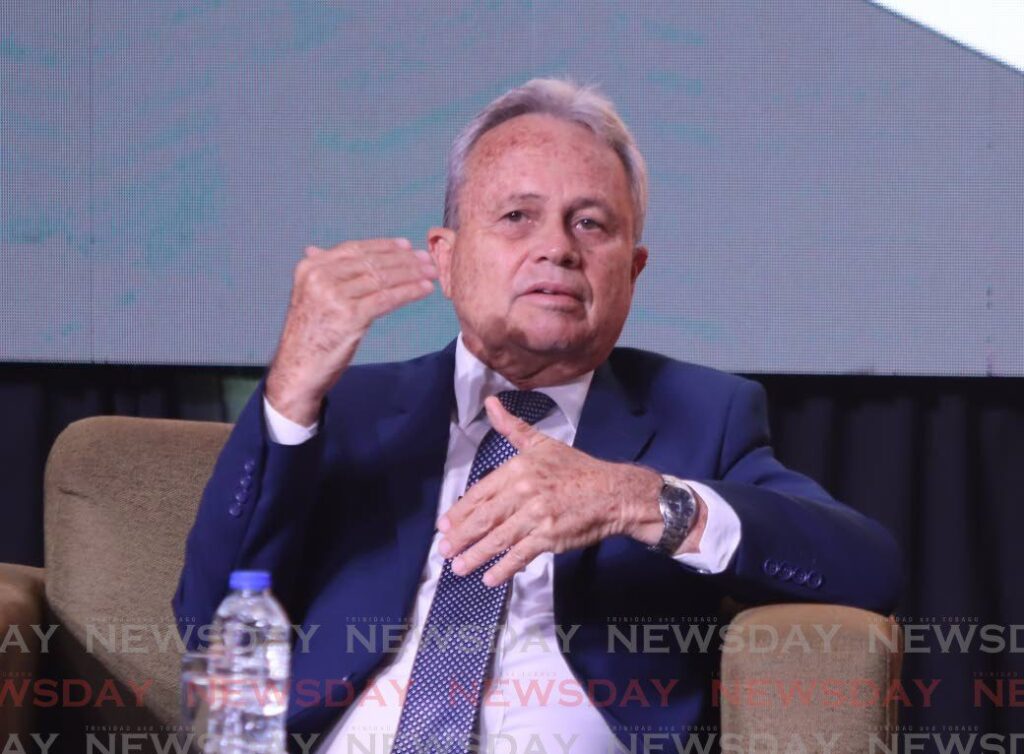Government pay hike anomaly

IN ANNOUNCING in Parliament last week that the Cabinet had decided to remit the latest report of the Salaries Review Commission (SRC) to that body for reconsideration, Finance Minister Colm Imbert cited several “serious and inexplicable” anomalies.
First, several key officials – including judges – had been subject to recommendations for decreased or unchanged remuneration.
Second, there were surprising hikes, such as a whopping 60 per cent raise for the Opposition Leader.
Third, new allowances had appeared for some, but disappeared, as if by vaps, for others.
Fourth, there was evidence of “insufficient consultation,” and the foreign consultants employed by the SRC may not have grasped the issues.
But the Minister of Finance did not list the biggest anomaly: the complete disparity between the SRC’s obscene pay hike recommendations for public officials and the mood in the country.
That was likely because the Cabinet sees this as no anomaly at all.
When Mr Imbert spoke in Parliament last Wednesday on this issue, in the first high-level response from Government to the SRC’s document, onlookers might have assumed the Rowley administration was laying the groundwork to retreat from having to vote on such increases, considering their deep unpopularity and untimeliness.
However, the minister made plain on Monday that such an assumption would have been wrong.
The Government, he said in a media release, had not rejected the entire report. Having sent it back to the SRC for review within two months, he noted MPs had the option of modifying the recommendations, but were holding their hand. For the moment.
Yet in kicking the can down the road, the Cabinet has revealed its true position. It has kept the SRC’s proposals alive. In so doing, it has implicitly condoned them.
The Government’s failure at this stage to distance itself outright from the notion of huge pay rises – whether the culmination of an “evaluation” decades-in-the-making or an “ordinary review” – is the telltale sign of an extraordinary disconnect between leadership and the land.
Many people are struggling to make ends meet. The cost of living is increasing, with higher food prices, taxes, utility costs and staff restructuring in the pipeline. The quality of life lags. If the Government, bolstered by rosier IMF assessments of the economy, wants a raise, the people need one even more.
In this regard, there is one anomaly the SRC did properly address.
For decades, it has been an aberration that a prime minister is paid less than a president.
In recommending a 30 per cent pay increase for the head of Cabinet, which would make the postholder’s earnings exceed the President’s, the commission has proved even a stopped clock is right twice a day.
But the time for forcing through insensitive pay hikes is not now.


Comments
"Government pay hike anomaly"